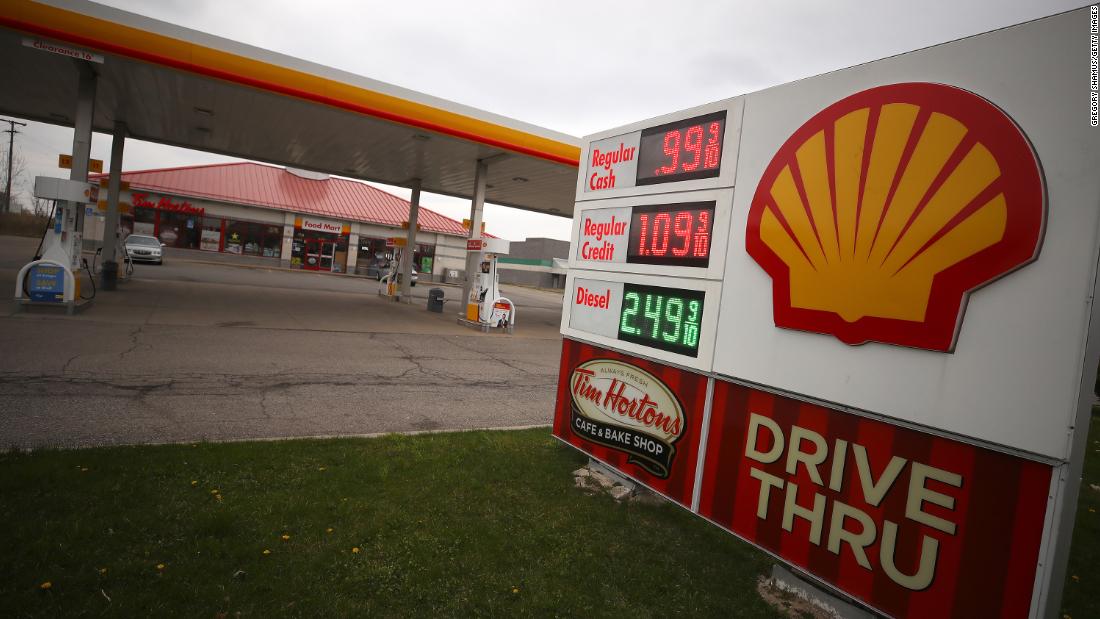[ad_1]
After hitting a record $1.43 trillion in 2019, global dividend payouts could plummet by as much as 35% this year, or some $497 billion, according to a report released Monday by asset manager Janus Henderson. That would outstrip the 30% drop observed during the 2008 global financial crisis, said investment director for global equity income, Jane Shoemake.
If dividends are cut by only those companies that have already announced withdrawals, or are very likely to, dividend payouts will decline 15% this year to $1.2 trillion, the report finds.
“Dividend suspensions are inevitable due to the sudden, unprecedented halt in economic activity in many countries,” Ben Lofthouse, co-manager of global equity income at Janus Henderson said in a research note. “Some of the impact will spread into 2021, which is now likely to see lower payouts than we might have expected before the pandemic.”
Following a decade of explosive growth, dividends have dried up during the coronavirus pandemic, as companies shore up their balance sheets in the face of this unprecedented global economic downturn.
Janus Henderson estimates that more than a quarter of the 1,200 companies screened in its Global Dividend Index have cut or deferred at least one dividend payment this year.
Banks in Europe and the United States have also frozen billions of dollars in dividend payments and share buybacks, in some cases under pressure or prohibition from regulators.
Changes to dividend policies are in some cases an acknowledgment that shareholders should be part of society’s Covid-19 response, particularly for companies that have taken government support, said Lofthouse.
In many cases, these changes reflect companies’ inability to predict when things will return to normal, he added.
Will dividends recover?
Even once economies have rebooted, dividend payments, typically a reliable income stream for investors, could take a lot longer to recover than earnings, as companies adopt a more cautious approach to capital allocation.
“We believe most boards will not merely seek to bring leverage levels back to pre-crisis levels, but will decide to build up greater cash reserves than carried previously in order to help protect against future ‘black swan’ events,” analysts at Morgan Stanley said in a May 12 research note.
“For the first time businesses have had to consider their solvency and liquidity position on virtually no revenue,” said Jack Neele, a portfolio manager at Robeco. “Many businesses were not prepared for that and now they will be,” he added.
“I think a lot of businesses will be better stewards of capital than before. That may really have an impact on shareholder returns.”
Shoemake believes a number of companies will be able to resume paying dividends again in 2021 once lockdowns are lifted and economic growth resumes. “Albeit from a lower base, we could see some decent dividend growth next year,” she said.
[ad_2]
Source link


